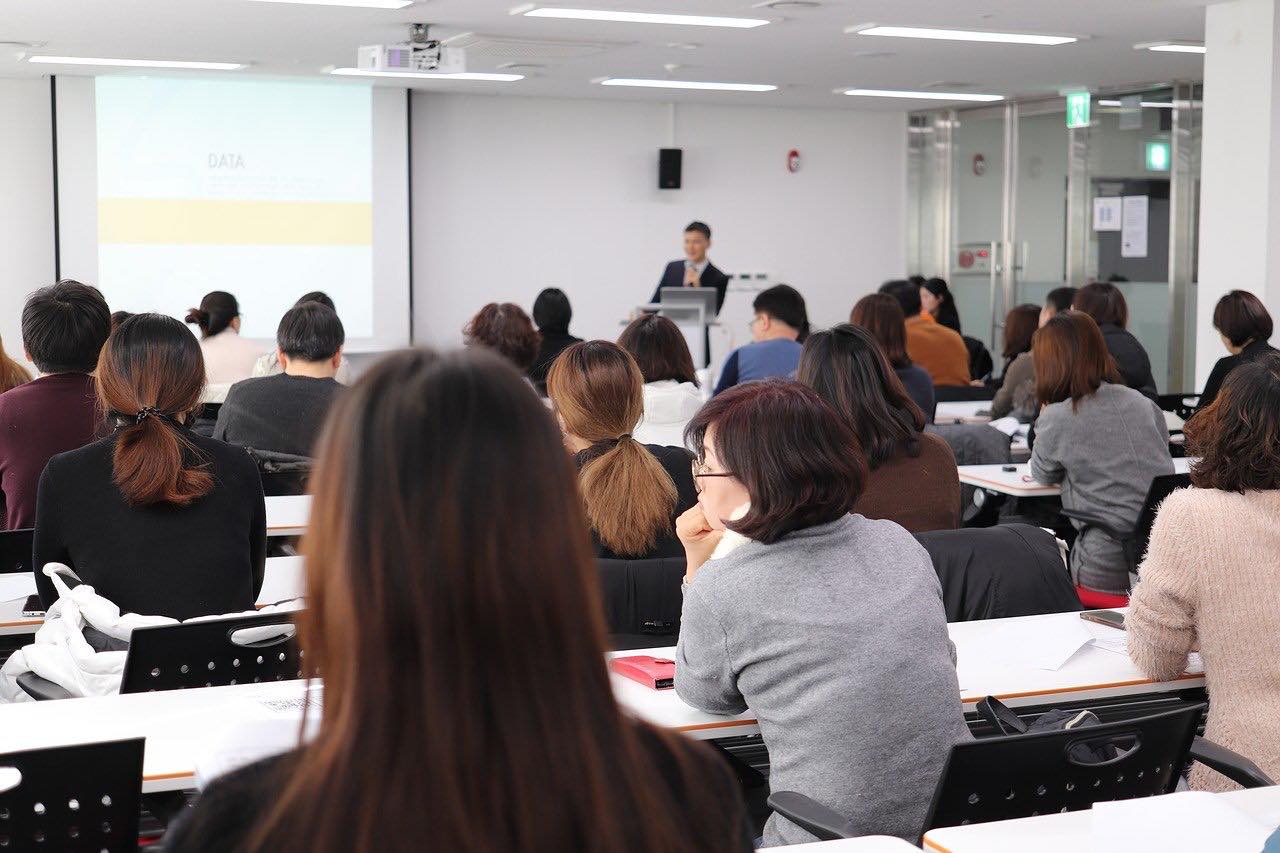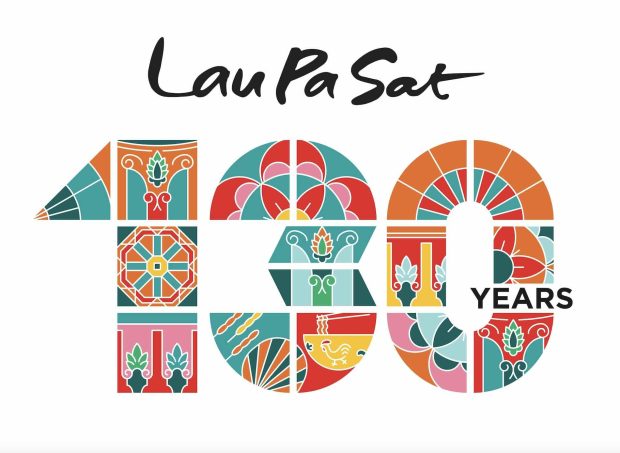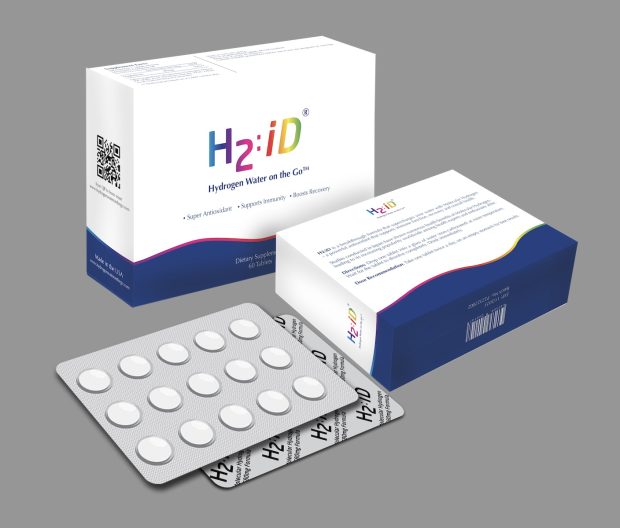Many people have aspirations of becoming medical professionals because they want to help, soothe, and significantly improve the lives of others. But there are several obstacles in the way of becoming a medical practitioner, the University Clinical Aptitude Test (UCAT) being one of the biggest. This demanding examination serves as a doorway to medical schools in the UK and a few other nations, evaluating not only the intellectual prowess of prospective medical students but also their mental and emotional stamina
Let’s examine how UCAT classes answer the challenging issues that this test provides while also psyching up students for the challenging road ahead.
Nature of UCAT – Importance and Significance
It’s important to understand the test’s structure before delving into the UCAT courses’ tactics. The UCAT is made to assess a variety of abilities, such as situational judgment, logical reasoning, problem-solving, and critical thinking.
These abilities are essential for a flourishing medical profession since they reflect the everyday situations that doctors deal with in the actual world.
However, the UCAT’s distinctive format and time constraints sometimes leave applicants feeling overextended. The UCAT courses come into play in this situation.
Deconstructing the Complexity
The intricacy of the questions is the main issue that UCAT courses tackle. Complex situations that call for rapid yet deliberate replies sometimes leave candidates perplexed.
Such questions are methodically broken down in UCAT classes to educate students how to locate the key points in a complicated circumstance. This strategy is similar to the diagnostic method used in medicine, which involves finding the primary issue amidst a variety of symptoms.
UCAT courses simulate the core of medical practice by breaking down challenging issues, teaching students to efficiently analyze information.
Strategic Time Management
During the UCAT, time, or rather the lack of it, might be a student’s deadliest adversary. In addition to knowledge, effective time management is needed to navigate the questions while watching the clock.
Students are taught how to pace themselves in UCAT classes by learning how to allot time for each segment according to their strengths and shortcomings. This method is comparable to the priority that medical professionals carry out in an emergency department, when choices must be made quickly and efficiently.
Through these courses, young physicians may improve their test-taking skills and get ready for the fast-paced decisions they will face in the medical field.
Cultivating Critical Thinking
Critical thinking, or the capacity to evaluate information, weigh options, and create accurate decisions, is at the core of medical practice. By offering questions that call for more than a cursory grasp, UCAT courses develop this talent.
They urge pupils to go beyond the apparent, consider many points of view, and make logical judgments. This rigorous training in critical thinking mirrors the methodical procedure doctors use to diagnose patients, where a single symptom might be the starting point for a wide range of underlying illnesses.
As a result, UCAT courses not only tackle challenging issues but also help applicants develop into future physicians who are skilled at handling the complexities of patient care.
Navigating Uncertainty
Even the most seasoned doctor may be challenged by a single patient’s condition in the unpredictable world of medicine. By offering questions with confusing information, much as the partial patient profiles clinicians face, UCAT courses reflect this ambiguity.
These classes prepare students for the UCAT and other medical careers by teaching them how to deal with uncertainty, make educated estimates, and move forward with assurance.
Candidate preparation for the unanticipated problems of patient diagnoses involves learning to embrace ambiguity, supported by knowledge and intuition.
Simulating Emotional Resilience
The UCAT is a testing of emotional fortitude in addition to mental acuity. A student’s emotional health may suffer due to the stress of the test room, the weight of expectations, and the dread of failing.
The UCAT courses take this into account and use practice examinations and mock exams to recreate the test setting. Students gain emotional resilience by frequently experiencing simulated high-pressure scenarios, learning how to handle stress and perform at their best even in tense circumstances.
The rigors of a medical vocation, when keeping cool under pressure is crucial, are well aligned with this emotional training.
Fostering Situational Judgment
Another aspect that UCAT courses emphasize is situational judgment, a competency necessary for reaching moral and useful judgments in medicine. Medical personnel sometimes face situations with no clear-cut solution, therefore they must use their judgment to negotiate the intricacies.
Candidates are exposed to scenarios like this in UCAT classes, encouraging them to assess their alternatives in light of moral concerns, possible consequences, and practical ramifications.
This not only responds to challenging UCAT questions, but it also establishes the framework for moral judgment in clinical practice.
Learning from Mistakes
The emphasis on learning from mistakes in UCAT courses is among its most illuminating features. Errors can result in failures, just as they might in the UCAT. In UCAT courses, errors are treated as chances for learning rather than failures.
Students improve their problem-solving abilities by dissecting wrong responses, comprehending the underlying ideas, and seeing patterns of inaccuracy.
This ability closely relates to the medical field, as professionals continuously build upon their knowledge by learning from situations, difficulties, and experiences.
Cultivating Resilience
Candidates face unforeseen hurdles throughout the UCAT process, which is a reflection of how unpredictable medical practice may be. These difficulties might come in the shape of challenging inquiries, technological hiccups, or psychological stresses.
Students who take UCAT courses learn how to adjust quickly and bounce back from setbacks, developing a resilient mentality. Unexpected complications, unanticipated emergencies, and patients whose situations change unexpectedly are all common in the medical industry.
Being calm and resilient in the face of these uncertainty is a quality that distinguishes excellent medical professionals.
Beyond the UCAT – The Realistic Studies
It’s important to develop a mentality that reflects the traits of a skilled medical practitioner when preparing for the UCAT. The UCAT curriculum teaches more than just test-taking techniques; it shapes future physicians who can handle complexity, effectively manage their time, think critically, embrace ambiguity, maintain emotional stability, and make moral decisions.
The mental and emotional framework required for success in the test room and the field of medicine is shaped by these courses.
Aspiring medical professionals should take comfort in the knowledge that the obstacles presented by the UCAT and its courses are more than simply stepping stones; they are a simulation of the rewarding yet difficult path that lies ahead.







